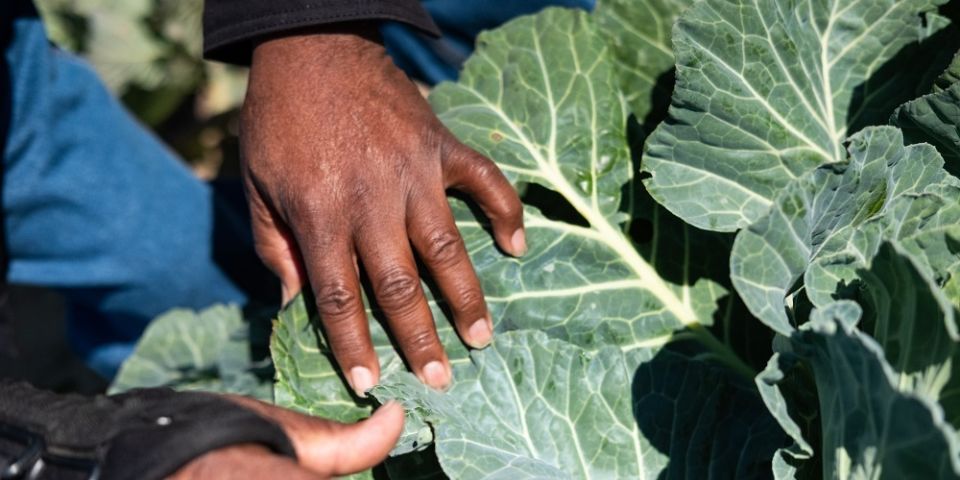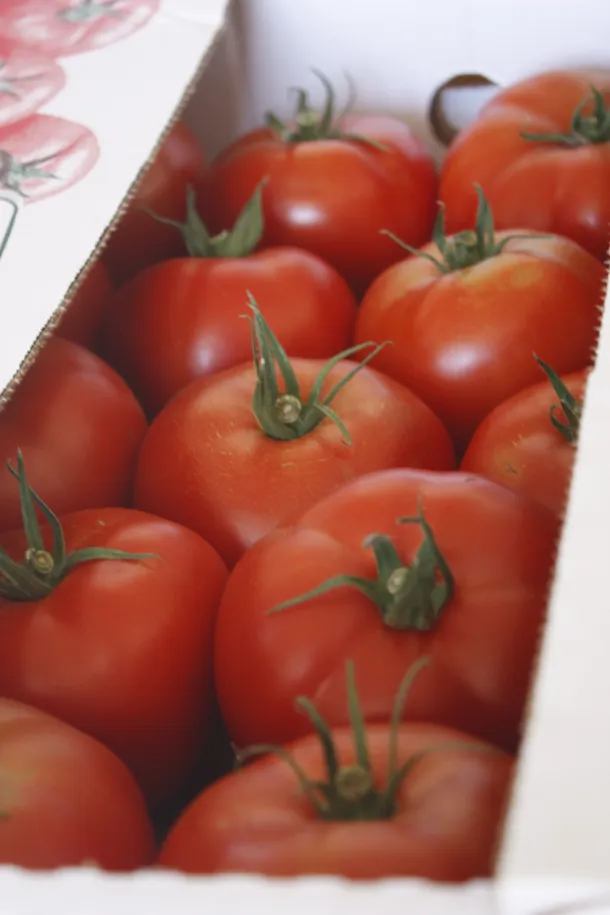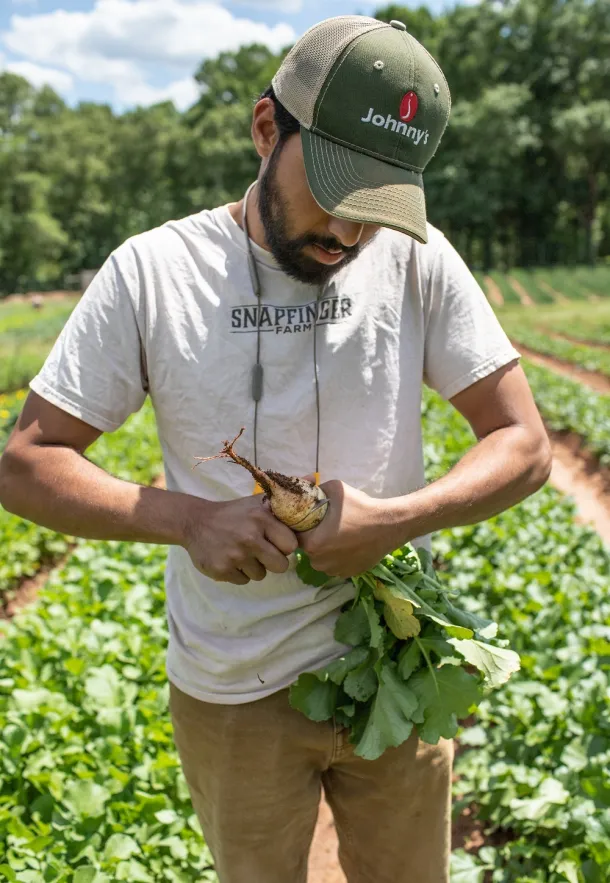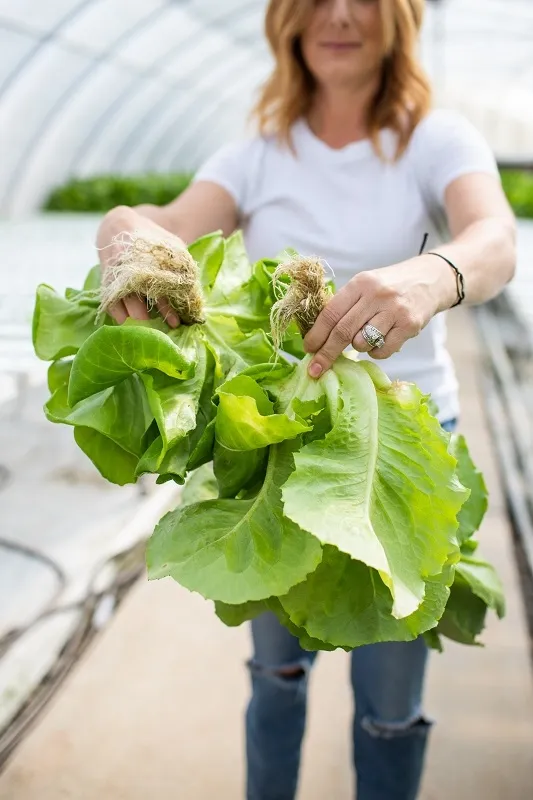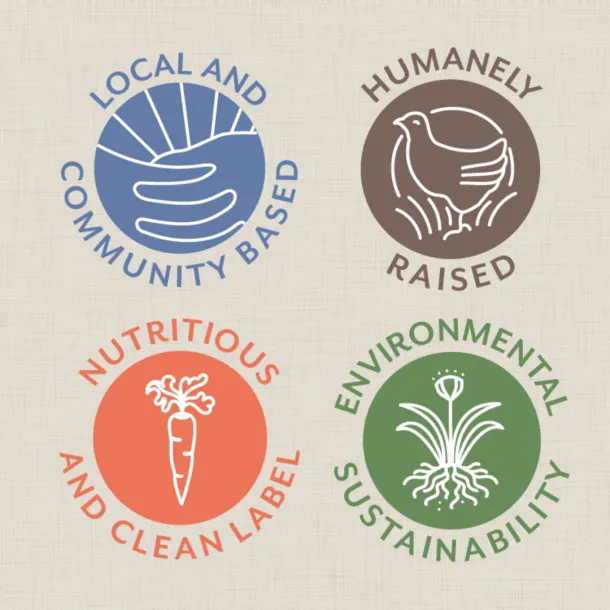The Common Market partners with farmers who share our commitment to sustainability and transparency. In each of our regions, we purchase directly from producers located within 250 miles of our warehouses.
We ensure our farmers and producers use practices that meet our client’s value-aligned procurement priorities through a comprehensive Farm Impact Assessment. The Impact Assessment allows us to create market opportunities for our farm partners and identify areas of growth. Our farm partners all meet and often exceed the following requirements:
- Located within the following radius of each regional chapter:
- Mid Atlantic: 250 miles from Philadelphia
- Southeast: 250 miles from Atlanta
- Texas: Within the state of Texas
- Great Lakes: 300 miles from Chicago
- Business is a privately held, family or cooperatively owned enterprise with annual revenue less than $50M
Produce grower requirements:
- Hold or are working towards Harmonized Good Agricultural Practices (GAP) certification by the USDA or approved third-party auditor
- Only use non-GMO seeds, rootstocks and cultivars
- No use of neonicotinoid seed treatments
- Sustainable growing methods and a clear depiction of the farm’s practices
- Safe and fair conditions for all workers
Animal products requirements:
- Processed at a USDA inspected and certified facility
- No use of growth hormones or sub-therapeutic antibiotics
- No animal by-products in animal feed
- Certified humane / animal welfare certifications preferred but not required
- Sustainable growing methods and a clear depiction of the farm’s practices
